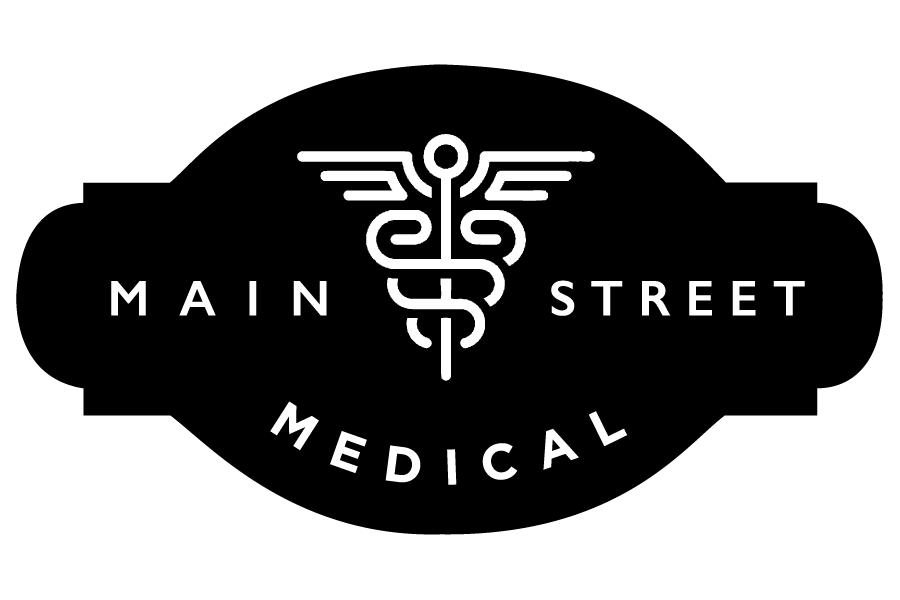The Benefits of Concierge Medicine: A New Era in Healthcare
In today's fast-paced world, where healthcare often feels like a rush of appointments and limited time with your physician, many people are seeking a more personalized and comprehensive approach to medical care. Concierge medicine is a growing trend that offers patients a unique healthcare experience. In this blog post, we will explore the benefits of concierge medicine and why it's becoming an attractive option for individuals seeking high-quality, patient-centered care.
What is Concierge Medicine?
Concierge medicine, also known as boutique medicine or retainer-based medicine, is a healthcare model that provides a more direct and personalized relationship between patients and their physicians. Patients pay an annual fee or retainer to their concierge medical practice, in exchange for which they receive a range of enhanced healthcare services and benefits.
The Benefits of Concierge Medicine
1. Increased Access and Convenience
One of the most significant advantages of concierge medicine is increased access to your healthcare provider. Patients often have same-day or next-day appointments, and they can reach their physician via phone, email, or even video calls for non-emergency concerns. This convenience can save time and reduce the stress associated with healthcare delays.
2. Longer Appointments
In traditional healthcare settings, appointments are often rushed, leaving patients with limited time to discuss their health concerns thoroughly. Concierge medicine offers extended appointment times, allowing for more in-depth discussions and a more comprehensive understanding of your health.
3. Personalized Care Plans
Concierge physicians have smaller patient panels, which means they can devote more time to developing personalized care plans tailored to each patient's unique health needs and goals. This personalized approach can lead to more effective healthcare outcomes.
4. Preventative Care Focus
Concierge medicine places a strong emphasis on preventative care and wellness. Physicians work closely with patients to create wellness plans, including nutrition, exercise, and lifestyle recommendations, to help prevent health issues before they become serious.
5. Coordination of Care
Concierge physicians often act as patient advocates, coordinating care with specialists and ensuring that all aspects of a patient's healthcare are well-managed. This can lead to more efficient and effective healthcare delivery.
6. Enhanced Doctor-Patient Relationship
With fewer patients to manage, concierge physicians can establish stronger, more meaningful relationships with their patients. Patients often feel more valued and listened to, leading to improved patient satisfaction.
7. Reduced Wait Times
In traditional healthcare settings, it's not uncommon to wait weeks or even months for a specialist appointment. Concierge medicine can expedite the referral process, reducing wait times for specialty care.
8. Focus on Wellness, Not Just Illness
Concierge medicine extends beyond treating illness; it promotes overall wellness and vitality. Patients often receive guidance on lifestyle choices, stress management, and nutrition to improve their quality of life.
Concierge medicine represents a shift in the healthcare industry towards a more patient-centered and personalized approach to medicine. While it may not be the right choice for everyone due to the associated costs, those who value enhanced access, longer appointments, and a deeper connection with their healthcare provider find immense value in concierge medicine. As the healthcare landscape continues to evolve, it's worth considering whether this model aligns with your healthcare needs and priorities.

